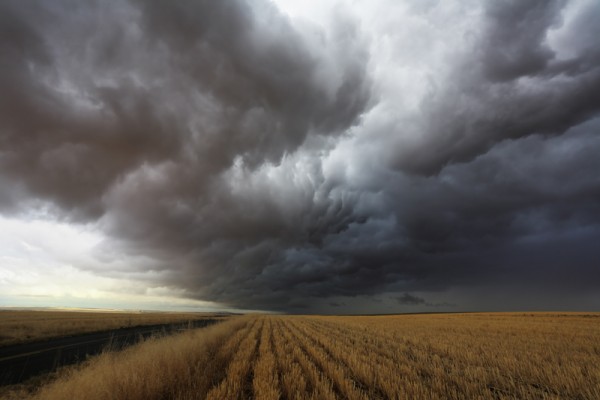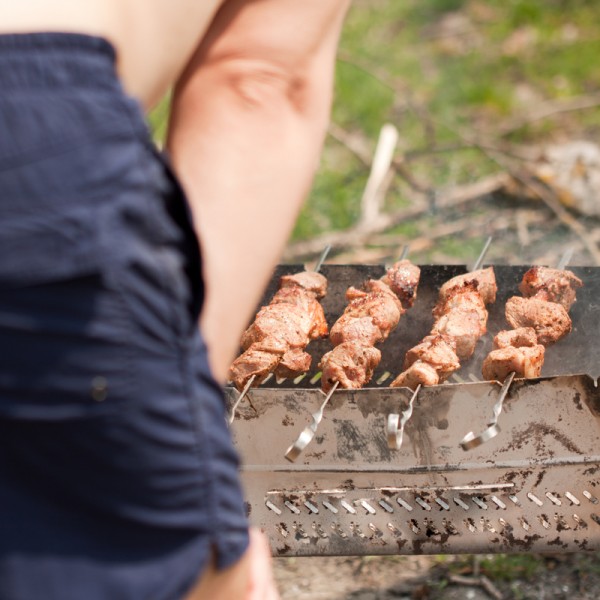 Fresh Food and Clean Water
Fresh Food and Clean Water
Summer, fall, and even winter are storm and hurricane season in various parts of the country. When one of these disasters strikes, it can take out the power for days. It can be hard to imagine how difficult life can get without power when you have access to all the essentials. While everyday comforts such as air-conditioning and a fully charged phone quickly go out of reach, you are likely to face more difficult problems — such as providing your family with a dependable supply of heat, safe food and water.
It won’t do to begin thinking of these challenges once you’re in the middle of them. It’s important to begin work ahead of time, and to be prepared.
To begin, you need the right essential equipment
Some generators can solve many of the problems that natural disasters bring. When there’s a power outage, every home improvement store in the area tends to run out of power generation equipment as people rush out to snap them up. Fuel can be hard to find, as well. It is always a good idea to buy in advance.
You will also need a deep freezer and water purification equipment.
Deep freezers tend to keep food at subzero temperatures for as long as 48 hours without power. An effective, power-free water purification system is an essential as well. Products such as the Berkey water filter require no power to operate, quickly process sizable quantities of water, and offer high levels purification that successfully strain viruses and bacteria out. In times when boiling your own water or buying bottled water may not be feasible or viable, home filtration systems can be lifesavers.
You should expect toilets to be nonfunctional after a few days of power outage. Local pumping stations should become unable to process sewage. It’s possible to build makeshift latrines with either trenches or buckets. You need to stock up on buckets as well as bin bags, toilet paper and water cans to provide running water.

Equipping yourself to cook food
While you may imagine that you could do the cooking you need in your kitchen, you mustn’t count on the gas or electricity lines being up. Not to mention, in the event of a flood, the kitchen could be difficult to access. It’s important to stock up on equipment for off-grid cooking.
When he set out to pick the right kind of stove, consider the possibility of fuel compatibility. When fuel runs low, it wouldn’t do to have three different kinds of fuel for different needs. Picking your generator, stove and space heater to all work on the same fuel can greatly help.
While you might want to use fuel like propane, it’s important to consider how difficult supplies of such fuel can be to replenish in a disaster situation. It can make a lot of sense to pick diesel, kerosene or gasoline — fuels that can be transported in cans.
Finding other water purification systems
When you need to wash your hands, take an economical shower or do a little laundry, you’ll need water that’s clean, but not necessarily pure enough to drink. There are other faster water purification methods available for such needs, and it can make sense to invest in them.
Stock up on every essential consumable
Extreme survival lists are published by both government and survival websites. It’s important to maintain a thorough inventory of canned food and beverages, and also basic, over-the-counter medications for health challenges such as digestion problems, insect bites and fevers. Soap, towels, tools, batteries, flashlights and chargers are all essentials.
It’s important to understand that consumables do tend to perish over time. Expiration date management is important. You need to constantly use up supplies and replenish them on a regular basis.
Finally, depending on the kind of climate that you live in, may or may not need heavy-duty tents and blankets for essential protection from the weather.
It can take considerable effort
Preparing for disaster can be a major effort, and may seem like a waste of time, especially when most people make no effort. It’s important to see, though, that disaster readiness is no different from readiness for any other kind of contingency. Staying prepared never feels good until the day planned for arrives. When it does, it will all seem worth it.
Walter Adams is an American writer, blogger and travel journalist. As a journalist he has worked in news wire services, magazines, newspapers and radio. He has a B.S. in Languages and Linguistics, with a focus on Political Science from Georgetown University in Washington, D.C. He has taught German and history in the Commonwealth of Virginia. He has worked in Latin America, Asia and Europe.
